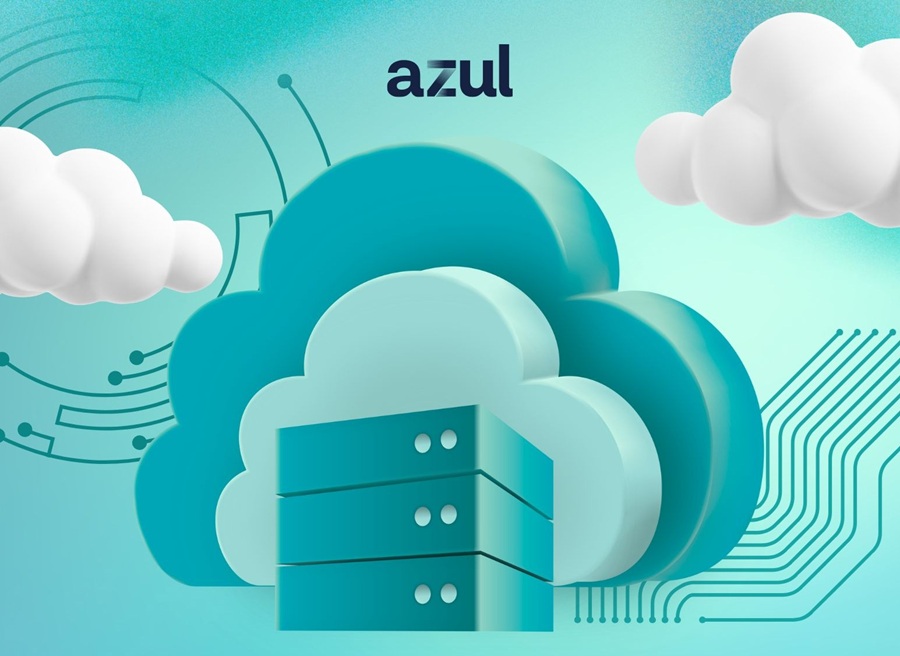Cisco announced its intent to acquire privately held Meraki Inc., a provider of cloud networking.
Headquartered in San Francisco, Calif., with offices in New York, London and Mexico, Meraki offers midmarket customers easy-to-deploy on-premise networking solutions that can be centrally managed from the cloud.
The acquisition of Meraki complements and expands Cisco’s strategy to offer more software-centric solutions to simplify network management, help customers empower mobile workforces, and generate new revenue opportunities for partners.
Meraki’s cloud networking solutions will expand Cisco’s network offerings by providing scalable solutions for midmarket businesses.
The Meraki acquisition will also strengthen Cisco’s Unified Access platform, which makes IT more responsive to business innovation by simplifying IT operations and uniting wired and wireless networks, policy and management into one integrated network infrastructure, unlike other competitive offerings.
“The acquisition of Meraki enables Cisco to make simple, secure, cloud managed networks available to our global customer base of mid-sized businesses and enterprises. These companies have the same IT needs as larger organizations, but without the resources to integrate complex IT solutions,” said Rob Soderbery, senior vice president, Cisco Enterprise Networking Group. “Meraki’s solution was built from the ground up optimized for cloud, with tremendous scale, and is already in use by thousands of customers to manage hundreds of thousands of devices.”
Meraki technology offers customers Wi-Fi, switching, security and mobile device management centrally managed from the cloud. Meraki solutions support BYOD, guest networking, application control, WAN optimization, application firewall and other advanced networking services.
Meraki was founded by members of MIT’s Laboratory for Computer Science. Meraki combines a high-velocity software development methodology with a tightly linked inside sales and channel model that will form the new Cloud Networking Group.
Under the terms of the agreement, Cisco will pay approximately $1.2 billion in cash and retention-based incentives to acquire the entire business and operations of Meraki. The acquisition is expected to close in the second quarter of Cisco’s fiscal year 2013, subject to customary closing conditions, including regulatory review.
The Latest
As enterprises accelerate their cloud adoption strategies, CIOs are routinely exceeding their cloud budgets — a concern that's about to face additional pressure from an unexpected direction: uncertainty over semiconductor tariffs. The CIO Cloud Trends Survey & Report from Azul reveals the extent continued cloud investment despite cost overruns, and how organizations are attempting to bring spending under control ...

According to Auvik's 2025 IT Trends Report, 60% of IT professionals feel at least moderately burned out on the job, with 43% stating that their workload is contributing to work stress. At the same time, many IT professionals are naming AI and machine learning as key areas they'd most like to upskill ...
Businesses that face downtime or outages risk financial and reputational damage, as well as reducing partner, shareholder, and customer trust. One of the major challenges that enterprises face is implementing a robust business continuity plan. What's the solution? The answer may lie in disaster recovery tactics such as truly immutable storage and regular disaster recovery testing ...
IT spending is expected to jump nearly 10% in 2025, and organizations are now facing pressure to manage costs without slowing down critical functions like observability. To meet the challenge, leaders are turning to smarter, more cost effective business strategies. Enter stage right: OpenTelemetry, the missing piece of the puzzle that is no longer just an option but rather a strategic advantage ...
Amidst the threat of cyberhacks and data breaches, companies install several security measures to keep their business safely afloat. These measures aim to protect businesses, employees, and crucial data. Yet, employees perceive them as burdensome. Frustrated with complex logins, slow access, and constant security checks, workers decide to completely bypass all security set-ups ...

In MEAN TIME TO INSIGHT Episode 13, Shamus McGillicuddy, VP of Research, Network Infrastructure and Operations, at EMA discusses hybrid multi-cloud networking strategy ...
In high-traffic environments, the sheer volume and unpredictable nature of network incidents can quickly overwhelm even the most skilled teams, hindering their ability to react swiftly and effectively, potentially impacting service availability and overall business performance. This is where closed-loop remediation comes into the picture: an IT management concept designed to address the escalating complexity of modern networks ...
In 2025, enterprise workflows are undergoing a seismic shift. Propelled by breakthroughs in generative AI (GenAI), large language models (LLMs), and natural language processing (NLP), a new paradigm is emerging — agentic AI. This technology is not just automating tasks; it's reimagining how organizations make decisions, engage customers, and operate at scale ...
In the early days of the cloud revolution, business leaders perceived cloud services as a means of sidelining IT organizations. IT was too slow, too expensive, or incapable of supporting new technologies. With a team of developers, line of business managers could deploy new applications and services in the cloud. IT has been fighting to retake control ever since. Today, IT is back in the driver's seat, according to new research by Enterprise Management Associates (EMA) ...
In today's fast-paced and increasingly complex network environments, Network Operations Centers (NOCs) are the backbone of ensuring continuous uptime, smooth service delivery, and rapid issue resolution. However, the challenges faced by NOC teams are only growing. In a recent study, 78% state network complexity has grown significantly over the last few years while 84% regularly learn about network issues from users. It is imperative we adopt a new approach to managing today's network experiences ...

